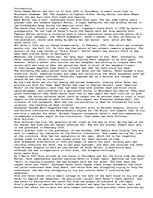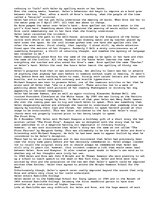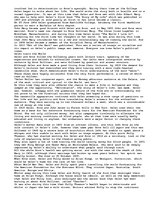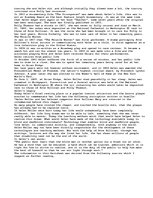-
The Life of Helen Keller
Her last years were not however without excitement, and in 1964 Helen was awarded the Presidential Medal of Freedom, the nation's highest civilian award, by President Lyndon Johnson. A year later she was elected to the Women's Hall of Fame at the New York World's Fair.
On June 1, 1968, at Arcan Ridge, Helen Keller died peacefully in her sleep. Helen was cremated in Bridgeport, Connecticut and a funeral service was held at the National Cathedral in Washington DC where the urn containing her ashes would later be deposited next to those of Anne Sullivan and Polly Thomson.
Helen's legacy
Today Helen's final resting place is a popular tourist attraction and the bronze plaque erected to commemorate her life has the following inscription written in braille:
"Helen Keller and her beloved companion Anne Sullivan Macy are interred in the columbarium behind this chapel."
So many people have visited the chapel, and touched the braille dots, that the plaque has already had to be replaced twice.
If Helen Keller were born today her life would undoubtedly have been completely different. Her life long dream was to be able to talk, something that she was never really able to master. Today the teaching methods exist that would have helped Helen to realise this dream. What would Helen have made of the technology available today to blind and deafblind individuals? Technology that enables blind and deafblind people, like Helen, to communicate directly, and independently, with anybody in the world.
Helen Keller may not have been directly responsible for the development of these technologies and teaching methods. But with the help of Anne Sullivan, through her writings, lectures and the way she lived her life, she has shown millions of people that disability need not be the end of the world.
…




